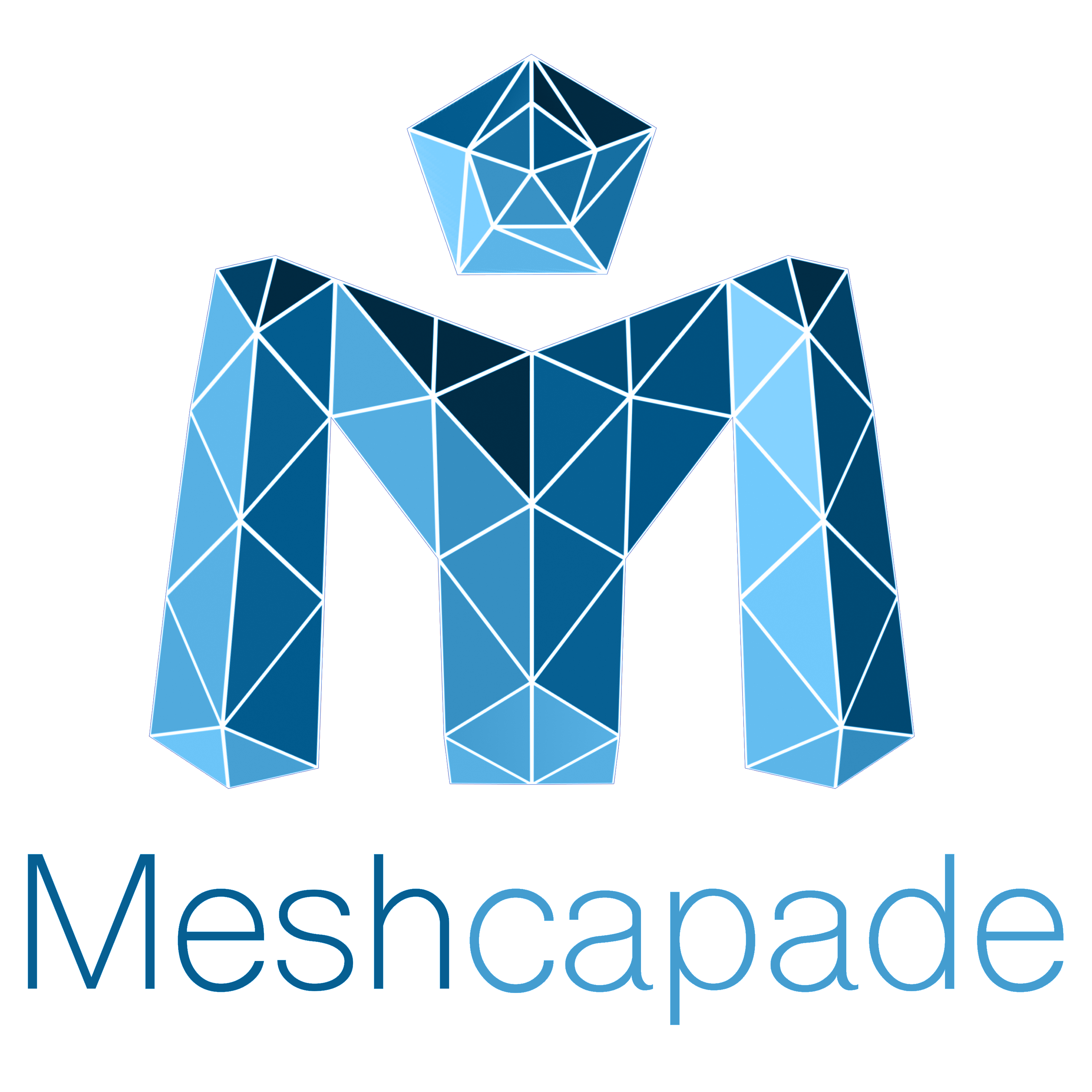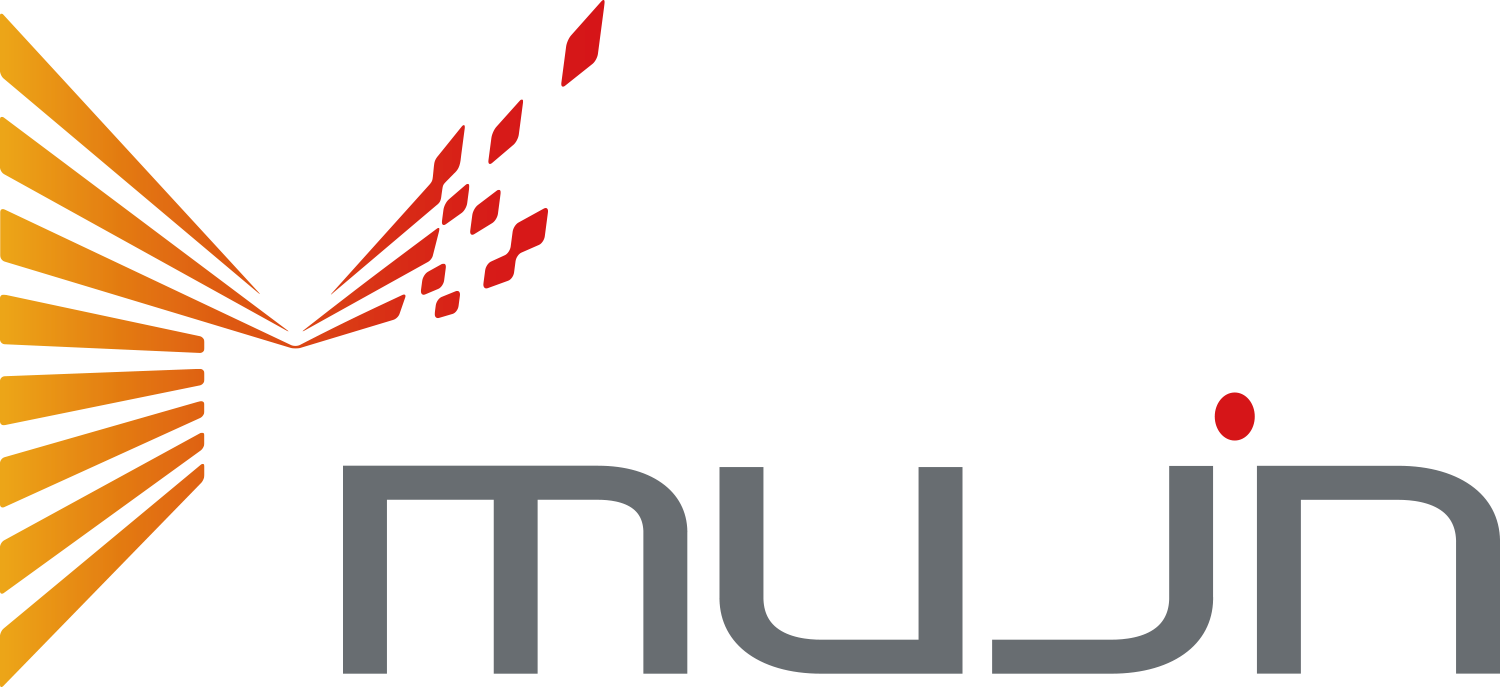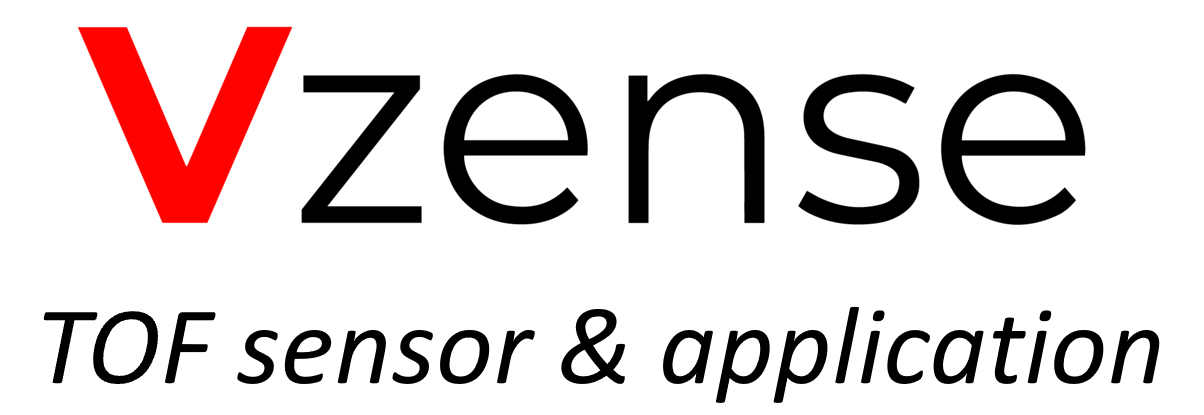3D-MetaConNet: Meta-learning for 3D Shape Classification and Segmentation |
|---|
| Authors: Hao Huang, Xiang Li, Lingjing Wang and Yi Fang |
| Abstract: Supervised learning on 3D shapes are extensively studied by prior literature, among which PointNet and its variants PointNet++ are representatives. However, these methods tackle 3D shape learning problems by training from scratch using a fixed learning algorithm over large amounts of labeled data, potentially challenged by data and computation bottlenecks. In the paper, we design a novel model, under the framework of meta-learning, to learn 3D shape representation. By training over multiple 3D tasks, each of which is defined as a supervised learning problem, our method can fast adapt to unseen tasks containing limited labeled data. Specifically, our model consists of a extbf{3D-meta-learner} and a task-oriented extbf{3D-learner}, where the 3D-meta-learner produces parameter initialization for the 3D-learner after being trained over different tasks. With adaptively initialized parameters, the 3D-learner can be tuned rapidly in a few steps to achieve good performance on novel tasks with a few amount of training data. To further facilitate discriminative shape feature learning, we introduce a novel task-aware feature adaptation module under a contrastive learning scheme, in which all shapes in each task are considered as a whole and task-oriented compact features are learned. Therefore, we dub our model as extbf{3D-MetaConNet}. Experiments on three public 3D datasets for few-shot shape classification and segmentation demonstrate that our method can learn compact and discriminative 3D shape features efficiently and robustly in a fast adaptation manner. Our method particularly outperforms the methods without a meta-learning framework and is also superior to existing meta-learning approaches. |
| PDF (protected) |












